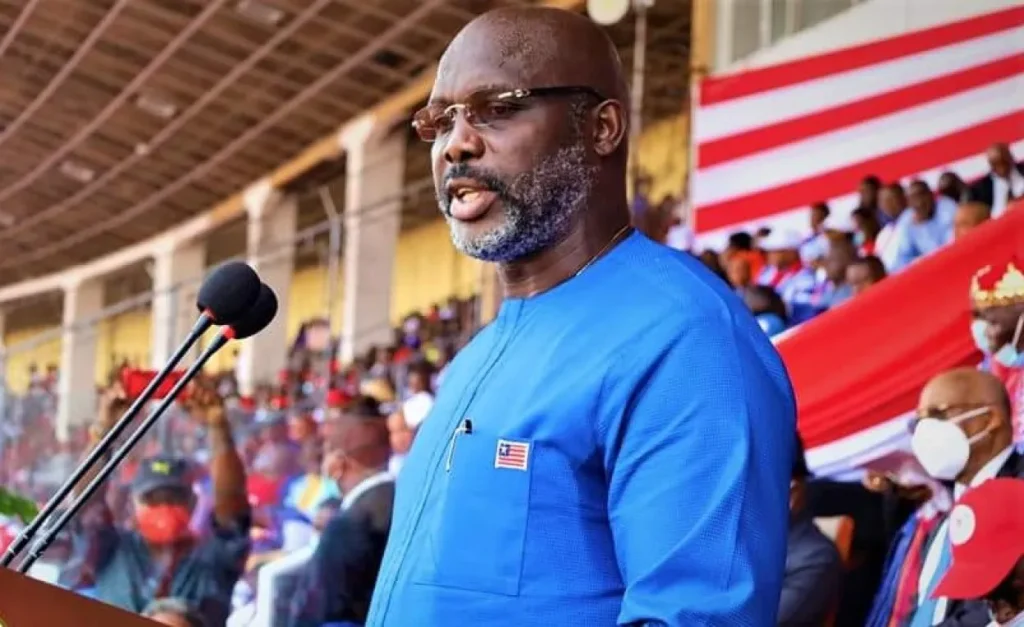Elon Musk’s brain-chip project, Neuralink, has reached a major milestone with the FDA’s approval of a device called Blindsight.
The Elon Musk brain chip is designed to restore vision in people who are blind, even those with severely damaged optic nerves.
This cutting-edge technology can directly connect the brain’s visual processing area, providing sight where traditional medical solutions fail. Over time, it could be a life-changing solution for millions around the world.
Introduction to the Elon Musk Brain Chip
The Elon Musk brain chip, also known as Blindsight, aims to achieve what was once considered science fiction—restoring vision to blind people.
Approved by the FDA (Food and Drug Administration), the device marks a breakthrough in brain-computer interface technology, developed by Musk’s startup Neuralink.
This project has been in development since 2016 and now shows real promise for helping people who have lost their sight regain it.
Blindsight is designed to help people with complete or partial blindness by bypassing damaged optic nerves and sending signals directly to the brain’s visual cortex.
With FDA approval, Neuralink plans to move forward with clinical trials and further development of this potentially groundbreaking technology.
How Does the Elon Musk Brain Chip Work?
The Elon Musk brain chip works by interpreting neural signals in the brain. When a person’s optic nerve is damaged, their brain can no longer receive visual information.
Blindsight bypasses this issue by sending images directly to the brain’s visual cortex using a microchip implanted in the head. This allows individuals to perceive their surroundings, though at first, the visuals are low resolution, similar to Atari-style graphics.
As technology advances, the chip could potentially provide visuals even better than natural eyesight, allowing users to see in infrared, ultraviolet, and even radar wavelengths, much like characters from science fiction.
Neuralink is actively working to improve the resolution and functionality of the device so that it can become a permanent solution for those suffering from blindness.
What Is Blindsight?
Blindsight is a condition where people with damage to their eyes or optic nerves can still detect movement or shapes, even if they can’t fully see.
The Elon Musk brain chip aims to completely restore vision for those suffering from this condition. Musk himself stated that this technology could provide vision even to people who have never had it, including those born blind.
The Blindsight device is designed to bridge the gap between what the eyes can no longer process and the brain’s ability to interpret visual data. With the chip implanted in the brain, individuals with blindsight or complete blindness can once again navigate their world visually.
Elon Musk Brain Chip Testing and Results
The Elon Musk brain chip has gone through several stages of development and testing, starting with animals and moving on to human trials.
Early tests on individuals with spinal cord injuries and neurological disorders have shown promising results, allowing them to control digital devices and even video games using just their thoughts.
For the vision-restoring Blindsight chip, the first clinical trials are expected to focus on patients with severe vision loss.
While the technology is still in its infancy, the results so far have been groundbreaking. Neuralink has already successfully implanted a chip into a second patient, who was able to control a computer screen with their mind.
This technology could soon be applied to those with blindsight, giving hope to millions of blind individuals around the world.
Future Impact of the Elon Musk Brain Chip
The potential of the Elon Musk brain chip goes beyond just restoring vision. Neuralink aims to develop a wide range of brain-computer interfaces that could revolutionize the way we interact with technology. From controlling devices with thoughts to addressing neurological disorders, the applications are endless.
The Blindsight device represents a significant leap in medical technology, offering the potential to restore sight to millions of people worldwide. If successful, it could pave the way for further innovations in the field of brain-computer interfaces, making what once seemed impossible a reality.
Challenges and Optimism for Success
While the Elon Musk brain chip shows immense promise, there are challenges ahead. Other brain-implant projects in the past have struggled to deliver long-term success, and there are ethical considerations regarding invasive procedures.
However, Neuralink has the advantage of strong funding, a talented scientific team, and public support, making this initiative far more likely to succeed.
Unlike previous projects, which either stalled or were abandoned, there is great optimism surrounding Blindsight. The FDA’s approval and Neuralink’s track record of innovation suggest that this could be the brain-chip project that finally delivers on its promises.
Related article Best 11 AI Accounting Software for Businesses
The Future of Brain-Computer Technology
With the Elon Musk brain chip, we are on the verge of a new era in medical technology. If Blindsight lives up to expectations, it could change the lives of people suffering from blindness.
In the long term, brain-chip technology could help treat a range of neurological disorders, including paralysis, epilepsy, and more.
The Elon Musk brain chip is just one example of how brain-computer interfaces are poised to reshape the future. By bridging the gap between the human brain and technology, Neuralink could unlock a world of possibilities, from restoring senses like sight to enhancing cognitive abilities.
Conclusion
The Elon Musk brain chip project, specifically the Blindsight device, holds incredible potential to restore vision to blind individuals and advance brain-computer technology.
With FDA approval and promising early results, the future looks bright for Neuralink and its ability to change lives through innovative medical devices.
As more clinical trials are conducted, there’s hope that Blindsight will bring new possibilities to those who have lived without sight for too long.





















